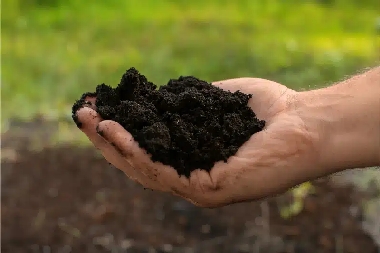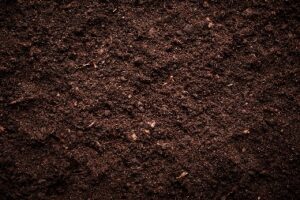Kingman Clay in Soil

Living in Kingman, we understand the unique challenges our local farmers face, particularly when it comes to managing clay in soil. With the agricultural landscape evolving, the need for sustainable farming practices is more pressing than ever. Did you know that nearly 20% of greenhouse gas emissions come from agriculture? This statistic underscores the importance of adopting eco-friendly solutions, like those offered by EcoGEM, to enhance soil health and productivity.
As we navigate these challenges together, it’s crucial to focus on the solutions that can make a real difference. Our local farmers are not just looking for answers; they are seeking effective, sustainable methods to improve their yields and protect our environment. Clay in soil can be a double-edged sword—it can improve nutrient retention but also lead to drainage issues if not managed properly. Let’s explore how we can tackle this together.
Here are some key aspects regarding clay in soil that can help enhance our agricultural practices:
- Understanding types of clay in soil for better management.
- Methods on how to use clay in soil for optimal growth.
- Identifying clay in soil benefits for crop yields.
- Strategies on how to break down clay soil fast.
- Exploring sandy soil alternatives for better drainage.
By focusing on clay in soil management, we can improve crop yields and ensure sustainable practices in our community. Together, we can enhance the health of our soil, making it a vital resource for future generations. If you’re interested in learning more about how EcoGEM can assist you, don’t hesitate to reach out to us at (253) 348-2200 or visit our Contact Us page.
Kingman Soil Clay Levels

In Kingman, understanding soil clay levels is essential for effective agricultural practices. The intricate balance of clay, silt, and sand in our soil directly impacts water retention, nutrient availability, and overall plant health. Research shows that soil composition can significantly influence crop yields, making it vital for farmers to monitor and adjust their soil clay levels.
As we delve deeper into the specifics of soil clay levels, it’s clear that our local environment requires tailored solutions. With varied soil types across the region, farmers must be proactive in assessing their soil health and making necessary amendments to optimize growth.
Here are some important considerations regarding soil clay levels:
- Utilizing a soil clay levels chart for precise assessment.
- Understanding soil clay levels pdf for educational resources.
- Recognizing the seven types of soil prevalent in our area.
- Identifying sandy soil as a beneficial alternative.
- Learning about clay soil and its unique characteristics.
By keeping track of soil clay levels, we can ensure that our farming practices are both productive and sustainable. Monitoring and adjusting these levels will lead to healthier crops and a more resilient agricultural community. If you’d like to discover more about how we can help, please call us at (253) 348-2200 or visit our Contact Us page.
Kingman Clay Soil
Clay soil in Kingman presents both challenges and opportunities for local farmers. Its dense structure can lead to poor drainage and reduced root growth, yet it also holds nutrients effectively. Understanding how to manage clay soil is crucial for optimizing crop production and ensuring sustainable farming practices.
As we consider the implications of clay soil, it’s essential to embrace innovative solutions that can transform these challenges into advantages. By applying effective soil amendments, we can improve the structure and health of clay soil, ultimately enhancing agricultural output in our community.
Here are some essential insights about clay soil that every farmer should consider:
- Using clay soil for plants to maximize growth potential.
- Identifying types of clay soil for specific crop needs.
- Implementing techniques on how to break down clay soil fast.
- Finding out where to buy clay soil for amendments.
- Understanding how to make clay soil more productive.
By addressing the unique characteristics of clay soil, we can work together to foster a healthier agricultural environment. Enhancing clay soil management not only benefits our crops but also contributes to a more sustainable future. For more information on how EcoGEM can support your farming needs, please reach out to us at (253) 348-2200 or visit our Contact Us page.

